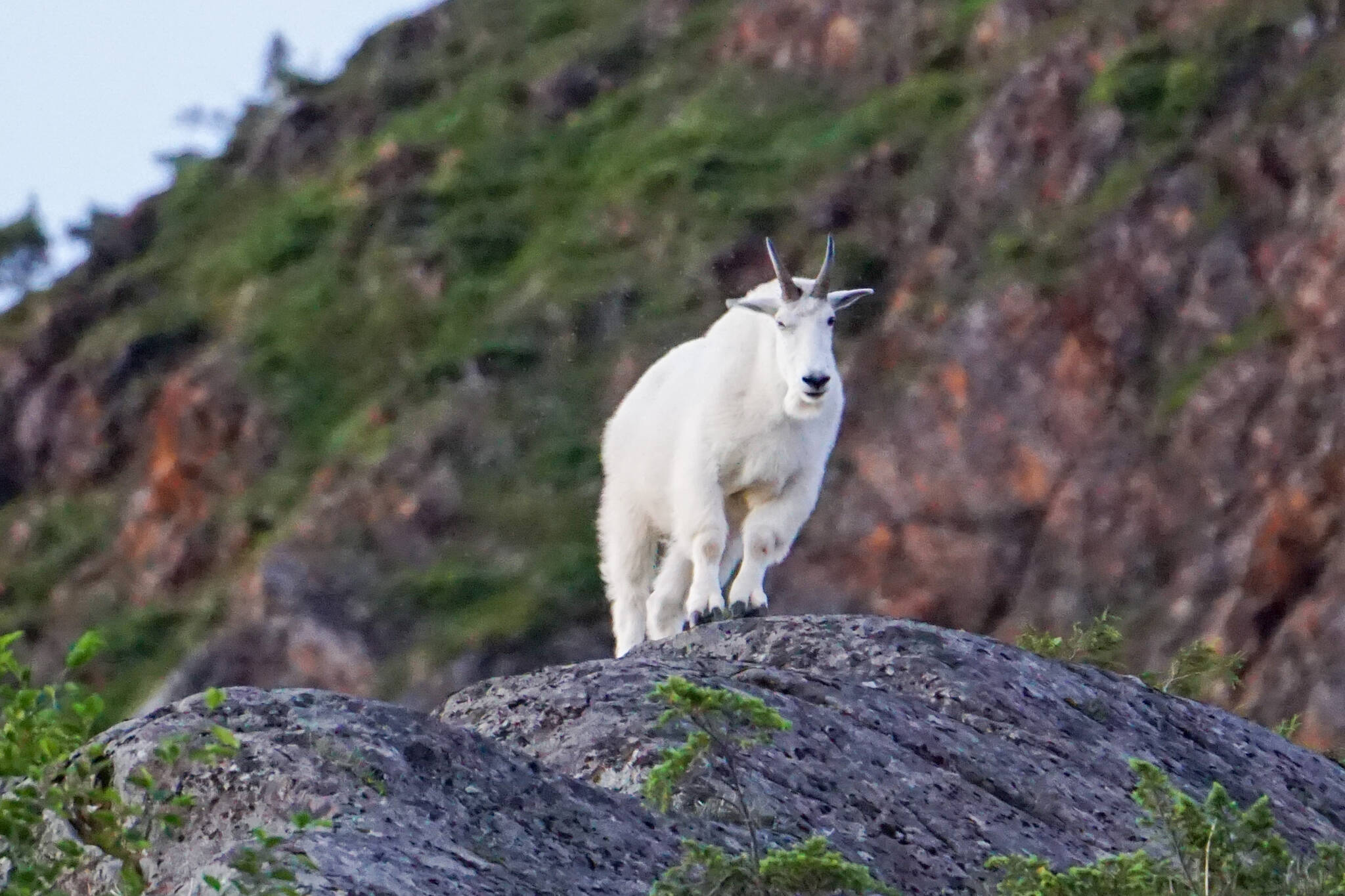Loud and outrageous have become the recipe for sports commentary. Go to sports website and it’s a collection of short clips in which personalities make loud and outrageous arguments in the name of engagement. “Goes off…” “Rips…” It’s sizzle over substance. I often wonder if some of the loudest people believe their own “hot take” or if they just know how to play the game.
It’s not just sports. News has turned from nightly news reports, to news commentary. It’s not even about storytelling, it’s about opinion and conflict farming. How else is a network going to fill 24 hours? How else is a network going to compete with the internet?
The hunting world is no different. Though it seems that the hunting content industry would be made up of like-minded people in favor of public land access, responsible use and enjoyable content, it often seems like a mess — divisive rhetoric in a desperate struggle for attention or to be proven right. We’re all on the same team until someone blows up a spot, “hits a little back” passes on a smaller buck, shoots a 6.5 Creedmoor or gets to hunt on a ranch.
Hunting was traditionally passed down from mentors as a means to learn hunting specific skills but also about life, responsibility and putting food on the table. It’s become a marketable way to make money and cultivate a lifestyle every bit as shallow and performative as what one might find in Southern California.
One of the problems with an attention-at-all-costs approach to hunting, is that we amplify voices that aren’t the best ambassadors for hunting. Being a conservationist or a sportsperson sounds boring. The trick is to stand out. Push the limits. Be the biggest narcissist of them all and maybe also put some meat in the freezer — if the cost to get it home isn’t too much. These people create some super interesting content that is meant to get views, sometimes at the expense of discretion. And if it makes us cringe, imagine what it does for those who don’t think highly of hunting to begin with.
There are far more non-hunters than hunters in America, which means there are millions of indifferent people who are fine with people exercising their freedom to acquire meat on their own terms. There are anti-hunters who don’t like it, but aren’t actively engaged in preventing other people from the opportunity to hunt. The more needlessly, inarticulately antagonistic we as hunters are, the more we feed a growing army of well-funded anti-hunters who are becoming increasingly influential with politicians.
The days of “I don’t hunt” are becoming “I don’t hunt, and you shouldn’t be able to either.” That’s scary, especially at a time when hunters desperate to stand out are potentially arming anti-hunters with plenty of evidence to argue that it’s not about the meat as we like to say. It’s about the murder.
But there are also incredible stewards who put the resource ahead of themselves. People who don’t look for celebrity or fame, their lifestyle just attracts it. People like Randy Newberg, Cameron Hanes and Steve Rinella have leveraged their lifestyle into fame, but their paths started with honesty and substance. Women like Lindsey Davis, Nicole Qualtieri and Jordan Budd have used substance to find traction in the industry too.
While we are free to create whatever content we want and follow or support whomever we want, we should also appreciate those who represent hunting in a way that benefits us all, not just themselves.
• Jeff Lund is a freelance writer based in Ketchikan. His book, “A Miserable Paradise: Life in Southeast Alaska,” is available in local bookstores and at Amazon.com. “I Went to the Woods” appears twice per month in the Sports & Outdoors section of the Juneau Empire.

